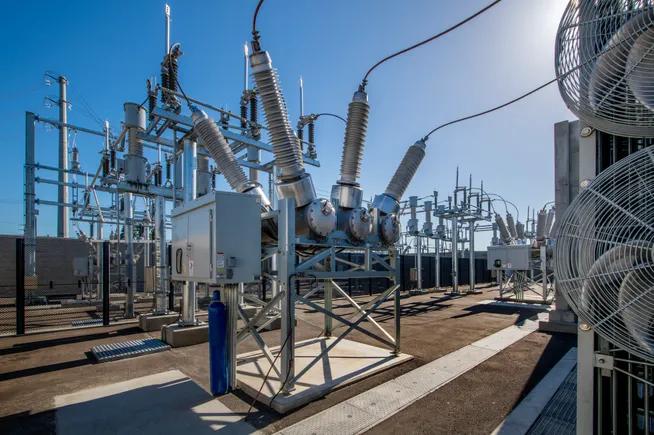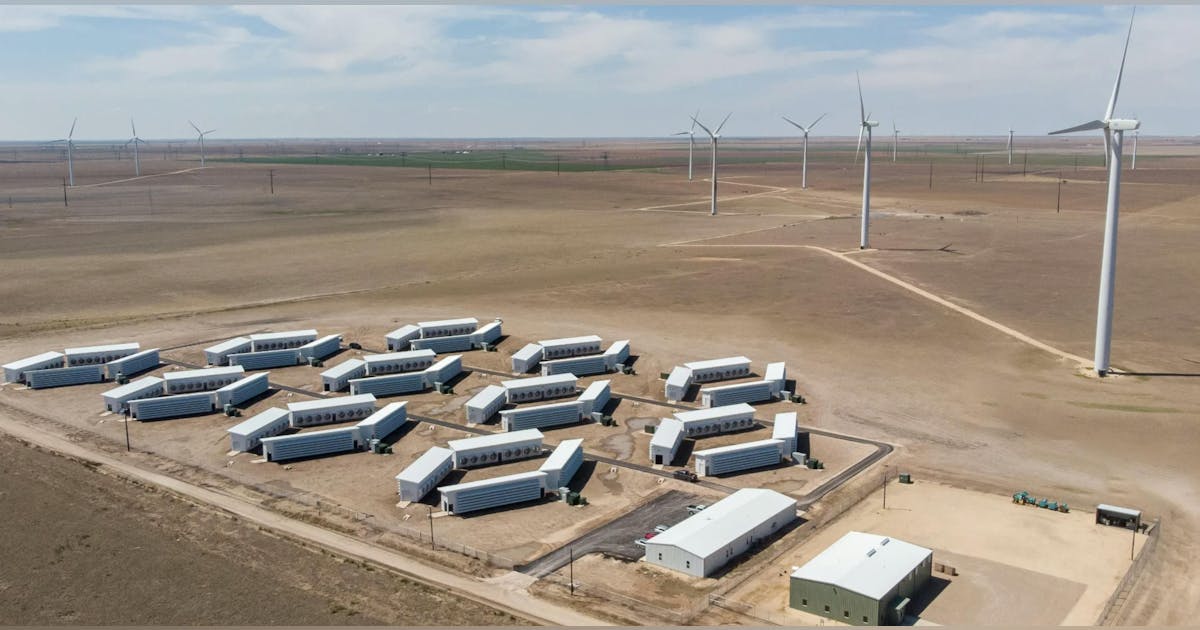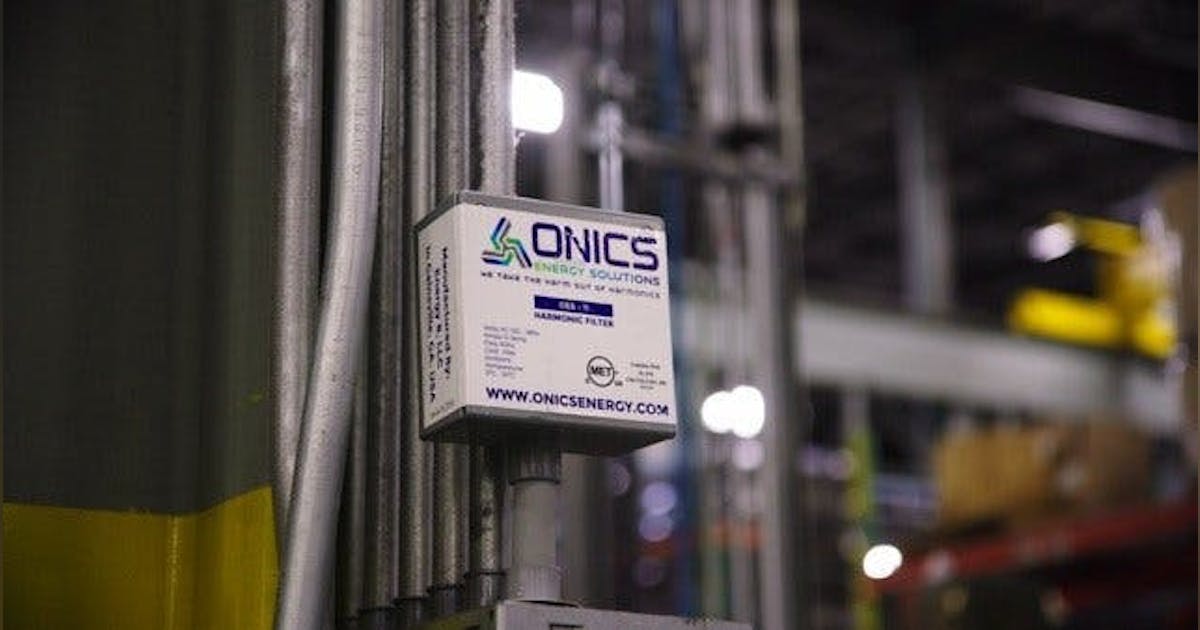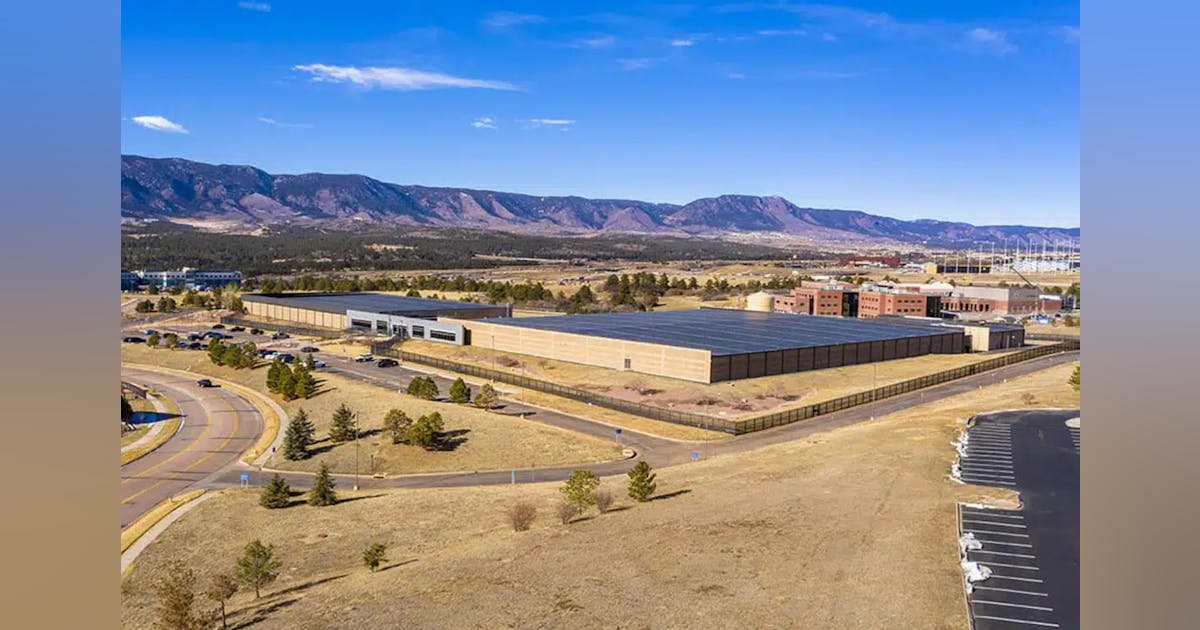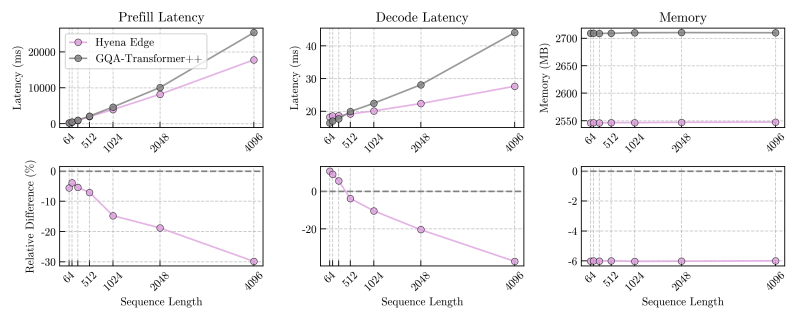
Lengthening legislative shadow
Valero’s proposal for the Benicia refinery follows Phillips 66 Co.’s October 2024 confirmation that it will permanently cease conventional crude oil processing operations its 138,700-b/d dual-sited refinery in Los Angeles by yearend 2025 amid the operator’s determination that market conditions will prevent the long-term viability and competitiveness of the manufacturing site (OGJ Online, Oct. 17, 2024).
Announcement of the Los Angeles refinery closure came on the heels of California Gov. Gavin Newsom’s Oct. 14, 2024, signing of legislation aimed at making the state’s oil refiners manage California’s gasoline supplies more responsibly to prevent price spikes at the pump.
The legislation specifically provides the CEC more tools for requiring petroleum refiners to backfill supplies and plan for maintenance downtime as a means of helping prevent gasoline-price spikes that cost Californians upwards of $2 billion in 2023, Newsom’s office said.
Introduced in early September 2024 in response to Newsom’s late-August proclamation convening the state’s legislature into special session “to take on Big Oil’s gas-price spikes,” the new legislation allows the state to require that refiners maintain a minimum inventory of fuel to avoid supply shortages that “create higher gasoline prices for consumers and higher profits for the industry,” the governor’s office said.
While Valero did not reveal in its April 2025 statement any specific reasons for its decision on the Benicia refinery, in the wake of the market announcement, Brian W. Jones (R-Calif.) and Vince Fong (R-Calif.) both attributed the pending refinery closure to the legislation and policies heralded by Newsom and state regulatory departments.
“Valero intends to shut down its Benicia refinery thanks to Newsom and radical Democrats’ extreme regulations and hostile business climate,” Jones said on Apr. 16, citing Phillips 66’s decision on the Los Angeles refinery and Chevron Corp.’s relocation of headquarters from San Ramon, Calif., to Houston as additional evidence of state legislation “making it nearly impossible for in-state energy producers to survive.”
In a separate Apr. 16 release, Fong noted Valero’s closure of the Benicia refinery “combined with other recent refinery exits will result in over 20% of the state’s refining capacity disappearing.”





